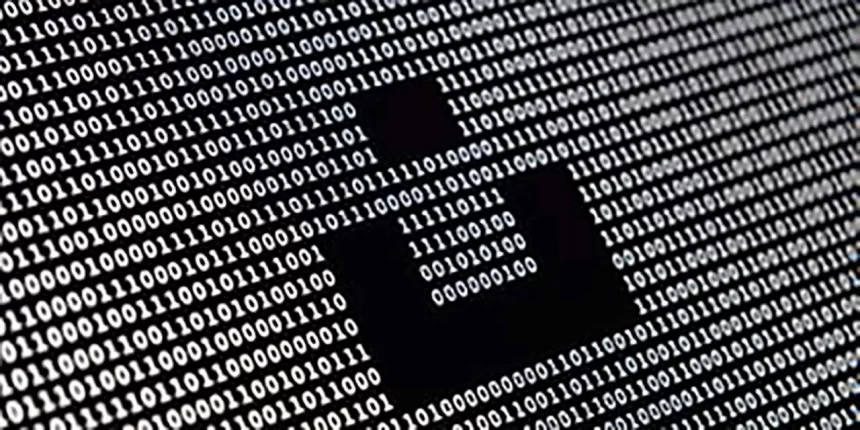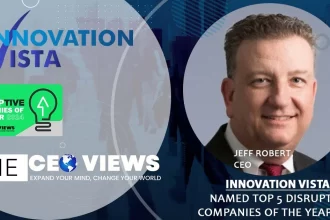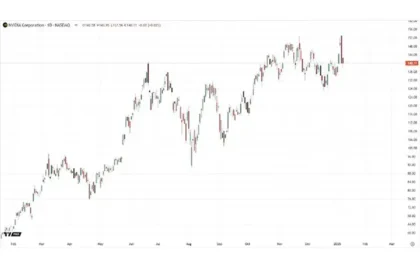Former technological revolutions usually came with a bang. That is not the case today, though, as an industry is slowly changing systems and processes to integrate more advanced technology. However, with industry change and social changes, the effects continue to be dramatic. With the emergence of IoT and technology or Big Data to be precise – complex industries are now working at improved efficiency and productivity levels. Digital transformation provides an unparalleled scope for creativity across all sectors and is seeing a complete reinvention of the goods, services, and experiences being provided to the consumer.
Here’s a quick look at some of the sectors undergoing Digital Transformation
Manufacturing and Retail Industry
Manufacturers now have more simplified and effective processes without losing quality due to the availability of digital tools and automation. In this regard, automotive manufacturers are excellent examples, with their production plants producing parts that have precise details and measurements – a method that can be done reliably and with fewer errors by using machines and computers. Retail is another industry that is rapidly evolving through digital transformation. Retail spaces are being updated with digital and virtual exhibits, providing new opportunities for consumers to check products before purchasing.
Transportation
Uber and Ola are the perfect examples of transportation with an efficient digital transformation. The underlying principle is to hail a ride, but passengers can access transport services quicker, faster, and at fair fares. The transition had not ended there, of course. Some companies are working to make available large-scale models, such as shuttles and car-sharing, which you might think of as the transport sector’s Airbnb.
Media and Entertainment
Forbes says the entertainment industry is becoming the testing ground for more retailers’ digital content. For instance, companies that typically sell packaged consumer goods venture into original content and “actually produce original edgy shows.” PepsiCo, at the forefront of this next frontier, intends to create a more significant presence in the era of Netflix, YouTube, and other fresh forms of video distribution. The F&B giant also built its own enormous studio, which can distribute content to the whole globe in real-time.
Logistics and Supply Chains
In logistics terminology, ‘blockchain’ technology is revolutionizing entire systems that deliver products to consumers from suppliers. For example, according to Fortune, the world’s leading shipping company, Maersk, recently conducted a test to track its cargo with blockchain. The key takeaway here is that every container was remotely controlled utilizing digital connections secured by cryptographic signatures. Digitalization is also applied by employees, especially on vehicles transporting goods. As such, the truckers now have a digital tool for documenting and receiving data, saving paperwork time and resources.
Banking and Finance
The mobile technology was swift to be adopted by the finance and banking industry. ‘Digital finance’ gives account holders the power to perform transactions through handheld devices. Emerging economies are greatly benefiting from this phenomenon, with multiple financial institutions welcoming the change from conventional to digital. In addition, versatility is used in many similar systems, such as applications for loans, collecting taxes, and allocating funds.
Medicine and Healthcare
Digital devices and appliances are taking over the healthcare sector. Vital signs and other medical data can now be tracked even if a doctor and a patient are not in the same place. Surgery can also be done away from the operating table with the surgeon a world away.
Government Sector
Digital transformation is also underway in various government systems and processes. These procedures are already carried out online in many cases today. And Forbes shared that nations like the U.S. are applying for AI assistance in select tasks to develop these capabilities further. Chatbots assist helpdesks and contact centers, and more sophisticated cyber systems are used for both security and national safety.
Data is making the world go round, and further innovations are to come. With further development in data collection, flow and management, technologies such as smart cities and connected cars will be fully realized. Futurism implies users are even going to start making a profit from the data they share online. And the volume of data has been skyrocketing with the rise in value. Managing all of this data is becoming increasingly difficult, with different sources of data being just one of the challenges for data professionals.
There is no ‘one size fits all’ solution to digital transformation, but businesses that do not have a digital strategy are at serious risk. Organizations need to transform and evolve and reinvent themselves and change themselves before new incumbents disrupt and wipe them off the map. The digital age is one of pace, and periods are much shorter, meaning you might not ever catch up once you have fallen behind.










